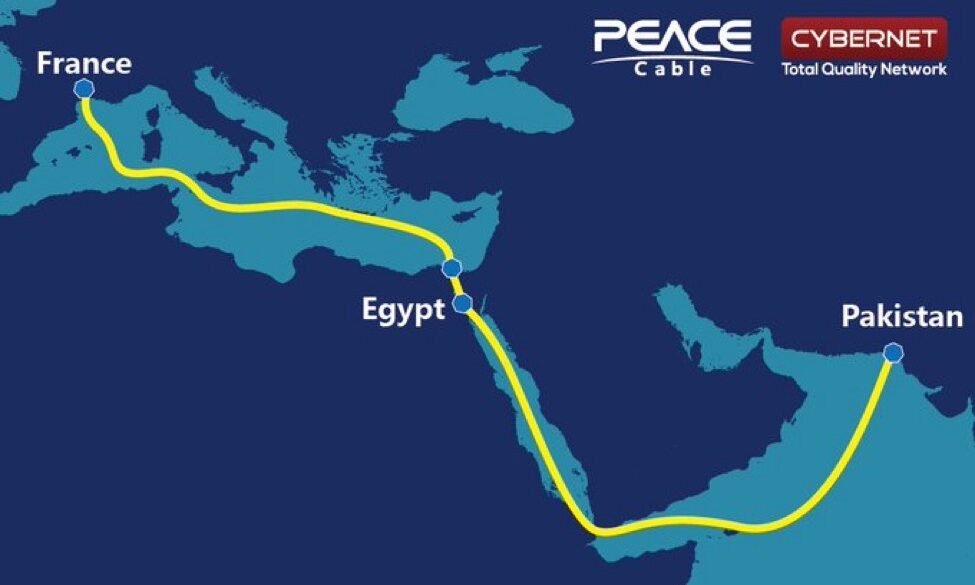The Arrival of a Game-Changer
In a historic achievement, the world’s largest submarine cable, Africa-2, has landed in Pakistan. This massive 45,000-kilometer project links 33 countries, promising to overhaul internet connectivity in the region. Shaza Fatima, the State Minister for IT, shared the news during a National Assembly session, highlighting its potential to resolve longstanding issues in Pakistan’s internet infrastructure.
Upgrades in Internet Infrastructure
The Pakistan Telecommunication Authority (PTA) has been actively addressing connectivity concerns, doubling its frequency capacity over two years. Shaza Fatima revealed that the Africa-2 Cable would replace outdated systems, significantly reducing disruptions. Additionally, internet users in Pakistan have grown by 25%, reflecting the urgent need for such advancements.
Debates on Policy and Progress
While the arrival of the cable is a positive step, policy concerns persist. Senator Anusha Rehman questioned the government’s spectrum management strategies, arguing that poorly planned allocations deter investors. Shaza Fatima acknowledged these issues, emphasizing the need for innovative approaches to attract global stakeholders.
Sector Growth Amid Challenges
The IT sector has shown promising signs, with a 33% increase in exports over five months. However, Senator Zeeshan Khanzada raised concerns about achieving a $10 billion export target amid political turmoil. Shaza Fatima criticized past mismanagement of the Special Technology Zones Authority (STZA), calling for transparency and reform.
Hope for the Future
The Africa-2 Cable is expected to address these hurdles, offering a robust foundation for Pakistan’s digital transformation. By enhancing internet reliability and fostering IT sector growth, the cable is a beacon of hope for the country’s digital ambitions.

